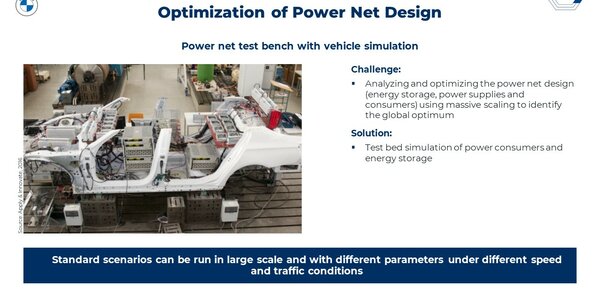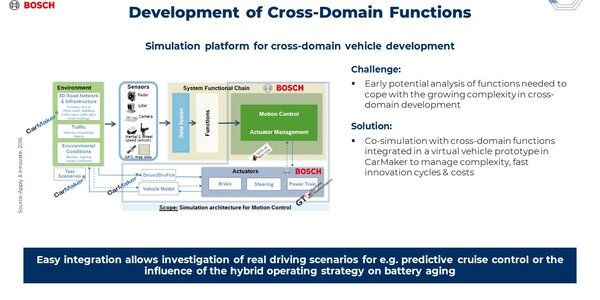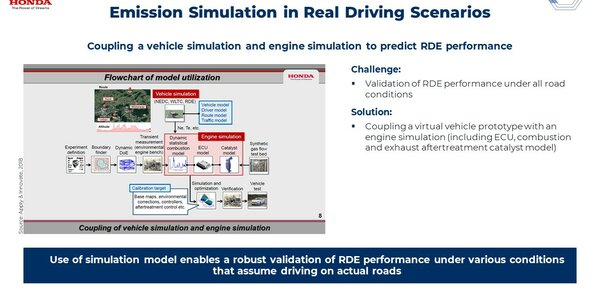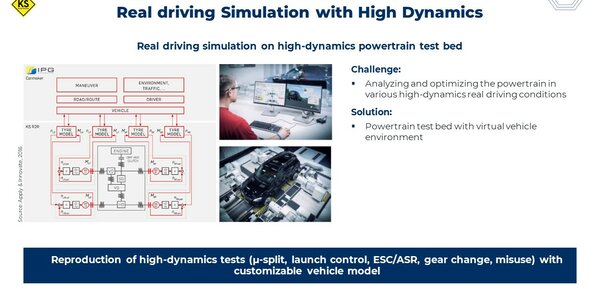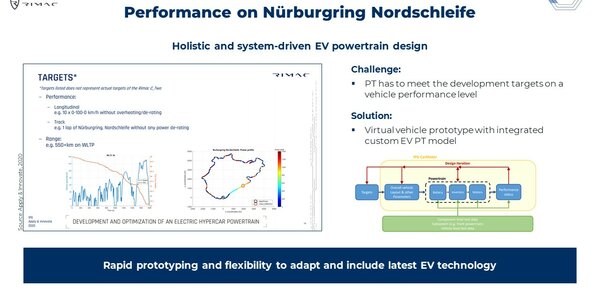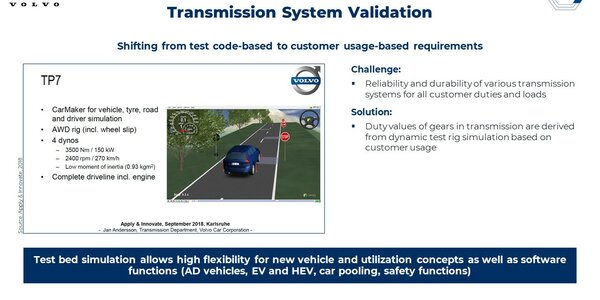
Challenges
The transportation industry is undergoing a fundamental shift: The trend in the development of powertrain systems is moving away from fossil fuels and toward promising alternatives, such as green energy, hydrogen and e-fuels. As a crucial technology for the future, complex powertrain technologies and their effects have to be considered from a holistic and cross-domain perspective. Battery electric vehicles have been established on the market; at the same time, vehicles that run with e-fuel powered internal combustion engines, hybrid electric vehicles and plug-in hybrid vehicles are still viable options. Therefore, the challenge is to provide fitting solutions for a variety of powertrain concepts matched to the appropriate level of electrification.
Solutions
System integration, virtual validation, and agile, software-driven development processes all play an important role in finding the right solutions. Using IPG Automotive's end-to-end solutions, powertrain systems can be calibrated, tested and validated within the context of the full vehicle – and this can be done early on with synthetic or real-life test scenarios. Testing no longer needs to take place on the road; it can be done in a comfortable office or lab environment. The advantage of this approach is that fewer real vehicle prototypes are needed, which saves time and costs while maintaining the same high-quality standards.
Your benefits at a glance
Short iteration cycles
Fast and flexible adaptation of test scenarios
High scalability of software tests
Test automation and High Performance Computing (HPC)
Frontloading
Early integration of virtual and real powertrain systems in a complete vehicle environment
Reduced costs
Moving tests from the road to the office or lab
Complexity management
Full control across all variants of driving scenarios
